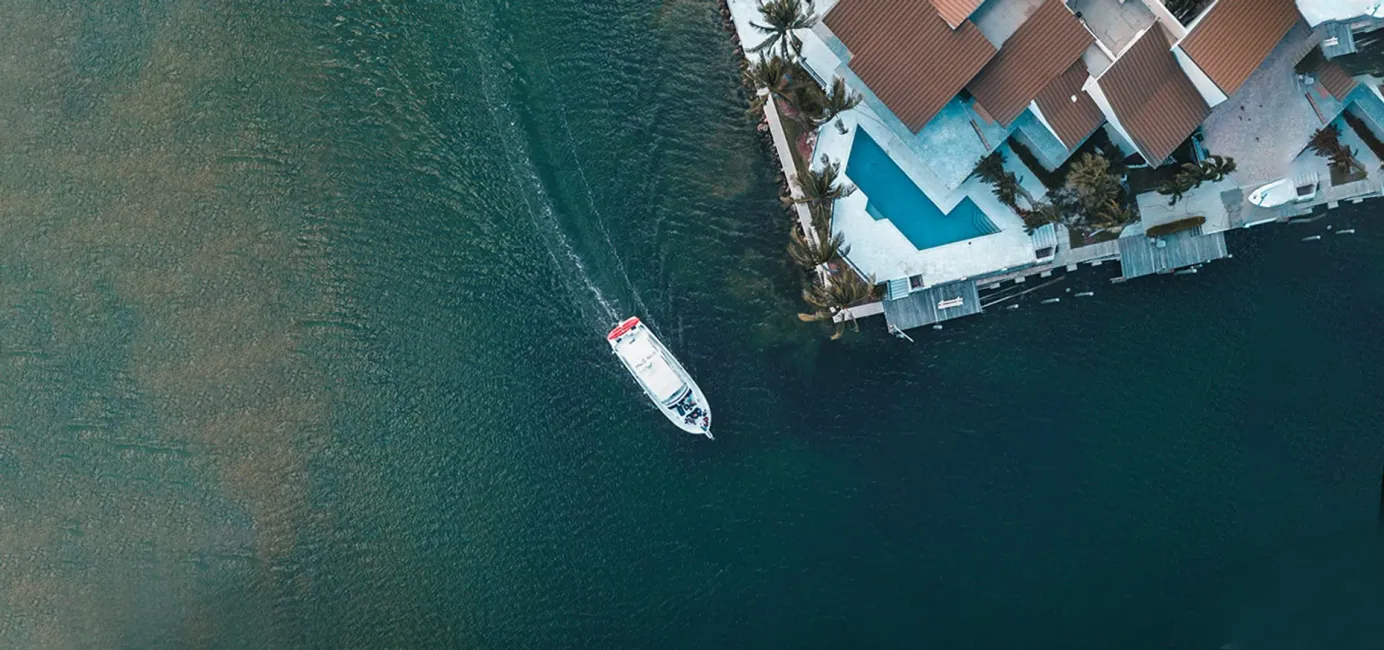
The Great Repatriation: Russian millionaires bring their cash back to the Motherland
After trying to send their money overseas in the immediate aftermath of Moscow’s invasion of Ukraine, wealthy Russians are now bringing their millions back home, new data shows. The number of high net worth individuals jumped back above pre-war levels last year, after falling in 2022. Some 22,000 wealthy Russians account for almost $150 billion stashed in domestic bank accounts — around a quarter of the national total.
- In 2023, the funds held by high net worth clients — defined as those with more than 100 million rubles ($1.1 million) — in Russian banks and investment companies jumped by 62% to 13.1 trillion rubles ($148 billion), research from banking consultancy Frank RG showed. The number of those who qualify among the ranks of the country’s wealthiest jumped 50% to 22,000, with their combined assets accounting for 23% of Russia’s total financial capital. The cohort of super-rich banking clients, with at least $5.5 million of assets, grew even faster, up 62%.
- That marks a major reversal from 2022, when capital flowed in the opposite direction. Frank RG figures for the first year of the war showed a 21% fall in the number of high-net worth individuals, and a 27% drop among the super-rich category. The combined capital they held dropped by more than 20%. A panicked transfer of funds abroad after Russia invaded, combined with the plummeting stock market and the transfer of cash into non-liquid assets such as gold and foreign property also had an impact on bank balances.
- Many factors are behind the revival in 2023. Thanks to high interest rates (the central bank’s key rate is currently 16%), Russian banks are currently a profitable place to deposit cash. And after a collapse in 2022, the Russian stock market was up 44% in 2023. No less important than these financial factors was the political climate. Russian money turned out to be unwelcome in the West. Threatened with sanctions and the freezing of their assets, billionaires transferred tens of billions back into the relative safety of Russian jurisdiction. Bloomberg reported earlier this month that the richest Russians were continuing to repatriate their funds, even while they recognized the increasing domestic threat of forced nationalization.
- It is not just double-digit interest rates and the chance to strike it rich on the back of the militarization of the economy that await rich Russians investing at home. Higher taxes are also on the cards. Last week the State Duma was busy discussing tax reforms — the central plank of which will be an increase in income tax for the upper middle class (those with monthly income above $1,700) and corporate tax. President Vladimir Putin is leaning on the poorer segments of Russian society more and more for his support, meaning the country’s economic policy is inevitably drifting to the left. In the 2024 May decrees, Putin’s program for his latest presidential term, reducing wealth inequality was named a “national goal” for the first time.
Why the world should care
We never tire of pointing out that sanctions against individual Russian billionaires are probably the most dangerously ineffective of the West’s measures against Moscow. From day one, Western countries have put obstacles in the way of capital flowing out from Russia — something that could have seriously weakened the Russian economy — meaning wealthy Russians had little choice but to bring their money home. Now those funds are being tapped to spend on the war.



PAID SUBSCRIPTION LAUNCH
From May 1, 2025, The Bell in English will no longer be free
From May 1, 2025, all The Bell’s newsletters and online content will be behind a paywall. We have taken this decision so that The Bell can remain financially independent, and maintain our high standards of journalism and economic expertise






